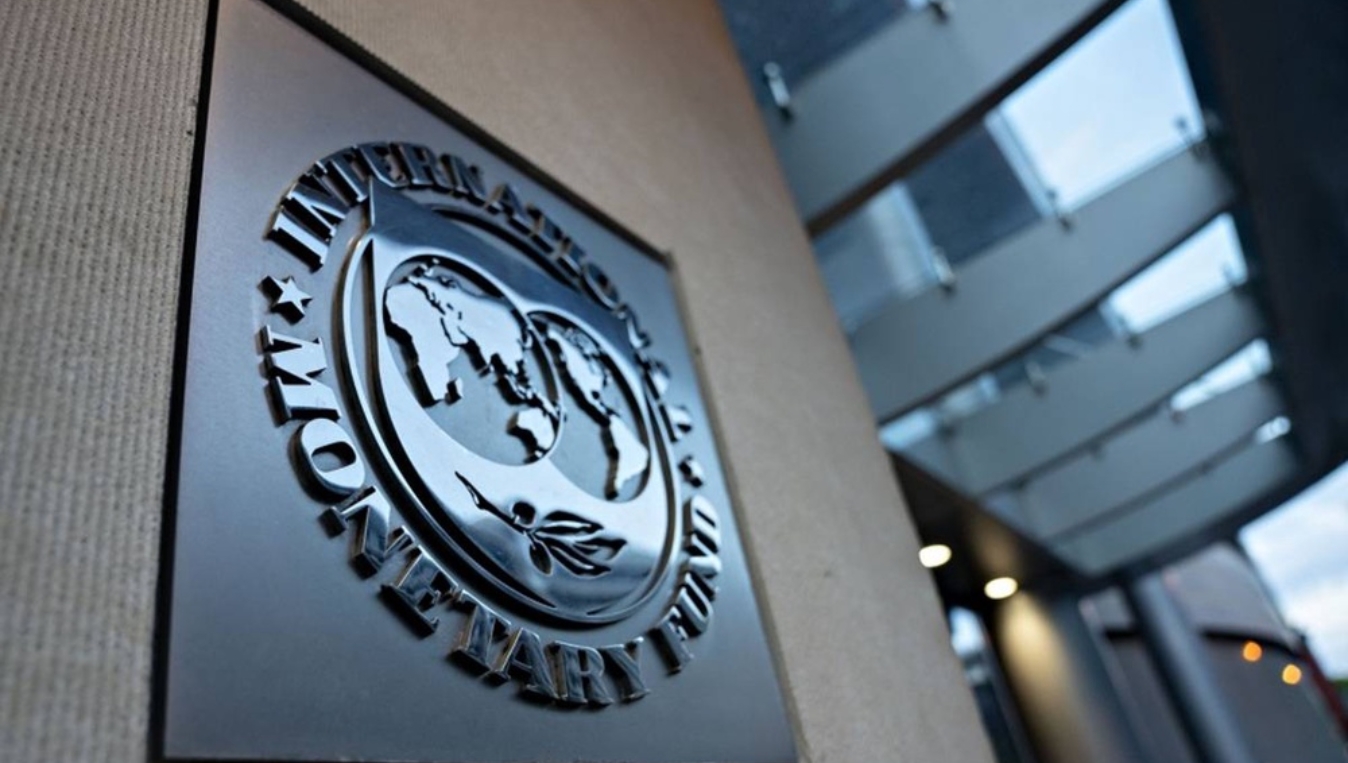The IMF stated that Asian central banks, benefiting from lower inflation, can focus on domestic factors rather than the actions of the US Federal Reserve when setting monetary policy.
Despite a predicted slowdown in economic growth over the next two years, they expect a “soft landing” for the region as a result of rapid disinflation, allowing for monetary policy relaxation.
Krishna Srinivasan, IMF Asia-Pacific Director, cautioned against close conformity with Fed measures, instead focusing on domestic inflation. Exchange rates serve as shock absorbers for Asian countries due to their stronger macroeconomic fundamentals and institutional frameworks.
The IMF expects regional growth to slow from 5% in 2023 to 4.5% in 2024 and 4.3% in 2025, with risks remaining balanced in the short term. China’s structural slowdown, particularly in the property industry, continues to have a substantial impact on regional growth.
In addition, the region is vulnerable to commodity price shocks and trade interruptions caused by conflicts in the Middle East and Ukraine. China’s growth rate is predicted to fall from 5.2% in 2023 to 4.6% in 2024, and 4.1% in 2025. In addition to advocating measures to resolve property sector stressors, Srinivasan warned against policies that contribute to excess capacity in China and the region.















